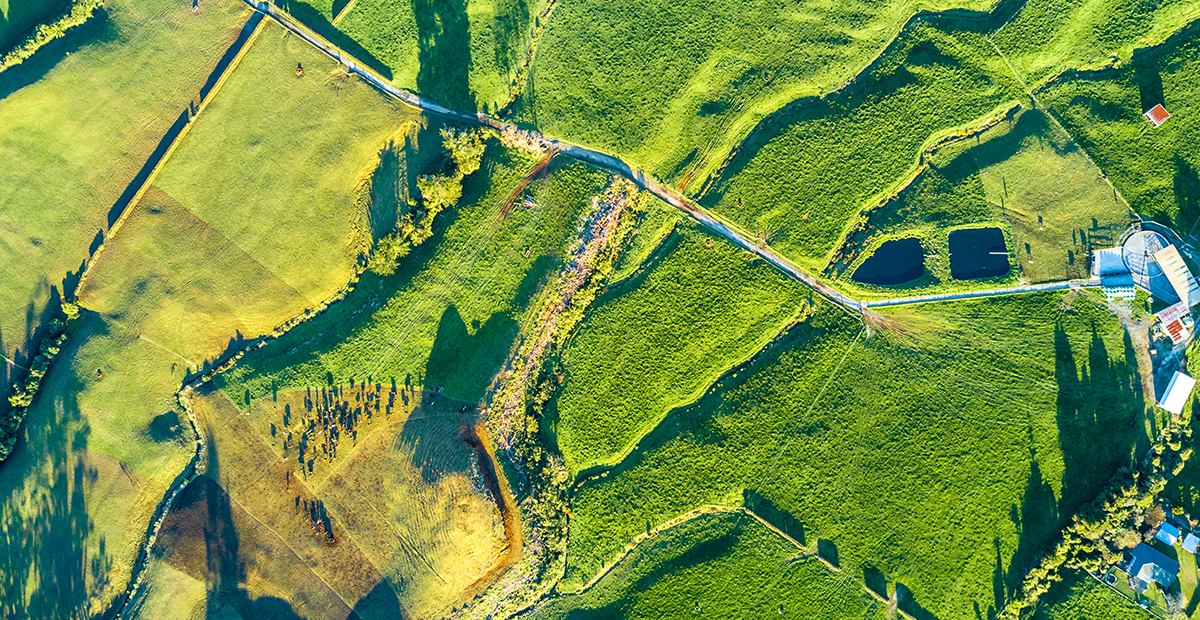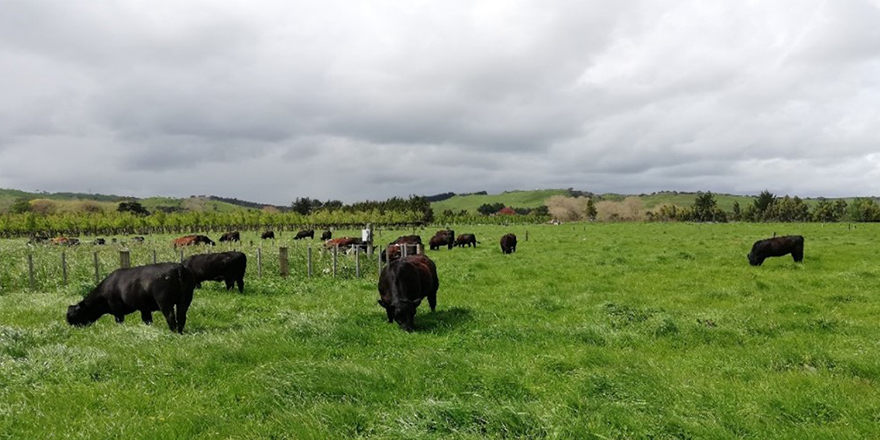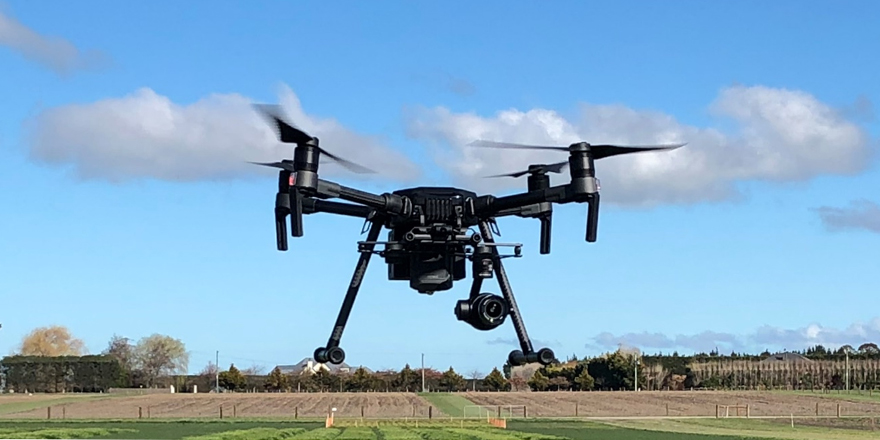
Executive Summary
The present National Government has identified policy and priorities relative to the New Zealand’s economic outputs and opportunities. Within the set of priorities they further determined that the ‘Maori economy’ in particular has the ability to contribute significantly more to the overall economic strategy for New Zealand, both domestic and export. This view is reiterated and presented through government policy and subsequently by the various ministries including Treasury. This focus on the Maori economy is not new, however there is an increasing emphasis by this government and its political allies to ‘grow’ the Maori sector at a faster and improved rate to whatever other sectors it sits alongside.
Further to this the Government has set an ambitious goal for New Zealand; to increase the ratio of exports to GDP from the current 30% to 40% by 2025. This will require a concentrated effort to encourage investors to develop more internationally competitive businesses, in both the commodity and high-value technology-based sectors. Setting this goal ensures the Government remains focused on supporting the confidence and growth of our high productivity export firms (Hon. Ministers Joyce & English, The Business Growth Agenda, 2012).
The present National government instigated a Maori Economic Development Panel in 2012 . This panel is mandated to seek to improve Maori GDP per capita to equal that of the average GDP per capita by 2040. GDP contribution by Maori needs to be proportionate to the Maori population, ~ 15%, at the very least (Strategy 2040, Maori Economic Development Panel, 2012).
Research Question:
This report will attempt to answer the question: “Is the Maori contribution to regional GDP through agribusiness appropriately understood and quantified?”
For the purposes of this report it is necessary to first define the Maori Economy. The literature does not give a single definition however New Zealand’s Treasury have identified some clear parameters they use as defining the Maori economy through the Maori Asset Base. They state:
The Maori economy and asset base has grown significantly over the last 100 years. As such Maori and Iwi increasingly contribute and play a key role in New Zealand ‘s economy. Maori contribution to the New Zealand economy is multi-faceted and includes the primary sector, natural resources, small and medium enterprises and tourism.
…the government’s lead economic advisor is working with agencies across the public sector to support the growth and development of the Maori economy.
In 2001 the asset base of the Maori economy was estimated to be worth $9.4 billion, this figure rose to $16.5 billion by 2006, and we now estimate it was worth at least $36.9 billion in 2010. The Maori asset base includes:
- Businesses of employers $20.8 billion
- Other Maori entities $6.7 billion
- Businesses of self – employed Maori $5.4 billion
- Trust and incorporations $4 billion. (BERL (2010), The Asset Base, Income , Expenditure and GDP of the 2010 Maori Economy)
It should be noted that this definition of the ‘Maori’ economy specifically is drawn from political interests and does not necessarily meet the definition of those who identify as Maori and may or may not participate in the economy in the way policy and academics define. The Western worldview is somewhat reductionist and uses definitions to support a very specific understanding of terms and activities. Indigenous interpretations are generally more holistic in their definition, and, as an example, Maori would likely expect any definition of a Maori economy to somehow align to a cultural association ahead of any other factor. The policy definition of the Maori economy above will be held for this report.



